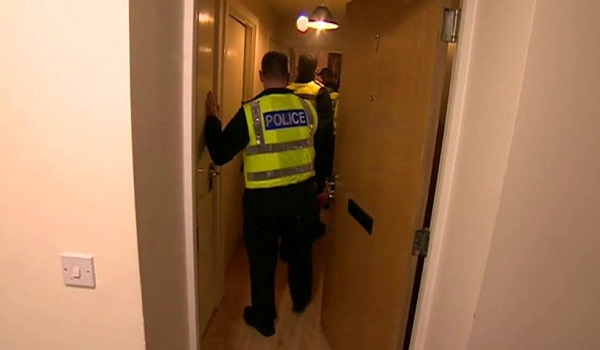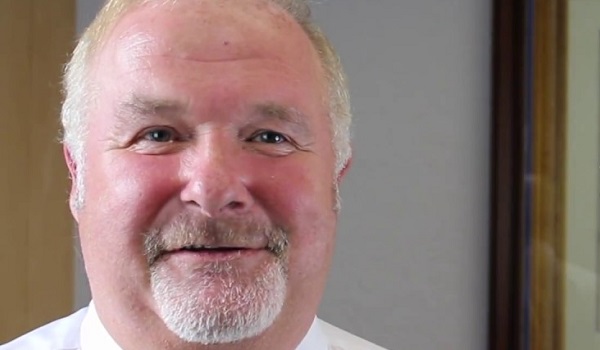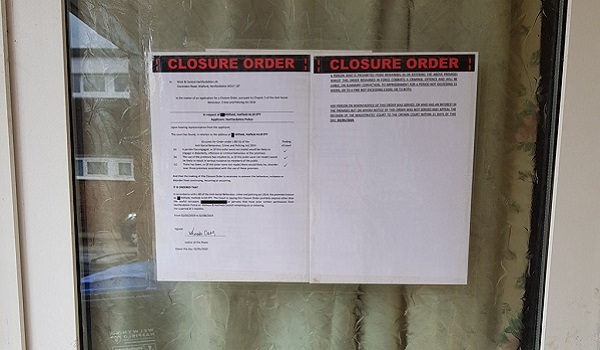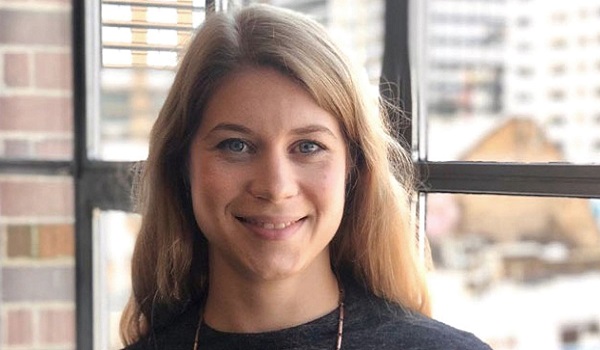Buying sex should be criminalised, say two former prostitutes
Former prostitutes have urged the Scottish government to change the law to make buying sex a criminal offence.
Two women who describe themselves as “survivors of prostitution” will speak out on the issue when Holyrood’s Cross Party Group on Sexual Exploitation meets on Tuesday evening (December 2).
Diane Martin and Mia de Faoite want Scotland to follow the example of countries such as Sweden, France, Norway, Ireland, Iceland and Israel, which have all criminalised paying for sex in a bid to reduce demand for prostitution.
The meeting comes as the Scottish government is consulting over whether its current approach to tackling prostitution is sufficient to prevent violence against women and girls.
Speaking ahead of the meeting, Ms Martin said she was “exploited through supposed ‘high class’ prostitution in London and then trafficked overseas”.
She added: “Whatever environment prostitution takes place in – whether in an alley, a brothel or a five-star hotel, whether the buyer pays £10 or £500, it is the same experience of violence and exploitation.”
While the Scottish government recognises prostitution as a form of violence against women, paying for sex is not currently a crime.
Ms Martin said: “I want to see the Sex Buyer Law introduced in Scotland because it is the demand that fuels the exploitation that is the sex industry.
“I want to be part of a society that rejects the idea that people are for sale, commodities to be bought and sold, handed around, moved across cities and borders, branded even – by men who believe that this is their right and entitlement.
“I want it to be near impossible for organised crime, pimps and punters to operate here and, if they do, to face the consequences.”
She added: “Without demand from sex buyers, there would be no supply of vulnerable women and girls to be exploited in prostitution.
“With paying for sex being legal as it is now in Scotland, and prostitution advertising websites free to facilitate the prostitution of others, too many women and girls have, like me, been subject to the coercive control of organised crime groups keen to turn a profit from unchecked demand.”
Ms de Faoite campaigned for the law to be changed in Ireland after she spent six years as a prostitute in Dublin.
“During those six years I endured a gang rape, three other rapes, physical and sexual assaults of varying degrees and countless humiliations,” she recalled.
“There is nothing I experienced or witnessed during those years that anyone could ever find justification for.
“As a result, I fought for a law which tackles the demand for prostitution – and in 2017, Ireland criminalised paying for sex.”
She added: “A recent in-depth research project has found that the law is having positive results.
“Whilst prostitution is acknowledged as a form of violence against women in Scotland, the act of paying for sex, which fuels sex-trafficking, still remains legal.
“This must now change in order to begin to end the suffering and to assist the police by giving them the strongest proven legislative stool against human trafficking for sexual exploitation.”
A Scottish government spokeswoman said: “It is a criminal offence to publicly solicit for the purposes of purchasing sex within the current criminal law in Scotland.
“This is Scotland’s first national consultation on prostitution and an opportunity to discuss our approach to this important issue within the context of how women and girls should be treated in an equal society.
“It asks broad questions on challenging men’s demand for purchasing sex and on how we can reduce harms for women involved in prostitution and ensure women are supported, including to exit.”
She added: “We are asking support organisations, peer-to-peer networks and those with direct, lived experience to engage with the consultation to help to shape future policy development and inform our approach to prostitution in Scotland.”







